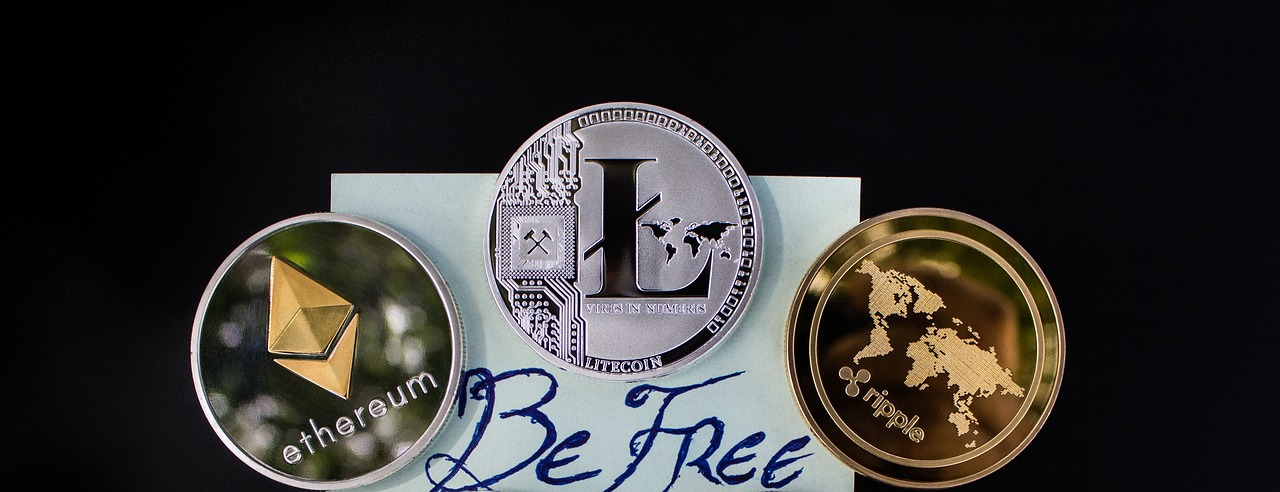
5 Tips for How to Keep Your Cryptocurrency Investment Safe
The popularity and lucrative prices of Bitcoin, Ethereum, and other cryptocurrencies have made the virtual currencies a soft target for hackers. Jack Mannino, nVisium CEO, suggests that the economics of hacking point towards a potential increase in digital currency hacks due to their increasing value.
Unlike other assets protected by bank guarantees and other conventional financial security measures, cryptocurrencies have no protection. It is your responsibility as a crypto holder to protect your assets but this needs some technical knowledge. You need to understand where you store your digital assets and how it could be exposed to hacks. Below, we offer some suggestions on how to safeguard your cryptocurrency investment against such vulnerabilities.
1. Anticipate Scams
Cryptocurrencies, due to their extensive variety and regulatory gaps, often attract scammers. Exercise greater caution when dealing with cryptocurrencies compared to traditional financial transactions. Giveaway crypto scams are quite common which come in the form of highly profitable investments through an expert manager or investment fund.
Usually, the perpetrators simply make off with the first payment while others offer small profits to investors to prompt further investment. Value inflation, romance scams, and fake crypto exchanges have also become more prevalent in recent years.
2. Protect Your Devices
Not all crypto thefts stem from social engineering. Some hackers can infect your phone or computer and access your assets. They can intercept the wallet passwords used on websites or hijack your session from the browser, gaining access to your crypto exchanges and accounts. They can also change addresses when making transfers in cryptocurrencies such as Bitcoin.
Some hackers can steal your crypto funds using Trojan crypto apps that mimic the real thing. Make sure you monitor app behavior and invest in a cybersecurity solution that protects against password interception and allows for the detection of remote access.
3. Protect Your Keys and Passwords
The biggest concern for crypto holders is losing the seed phrase or password for their wallets. It is recommended that you have long and unique passwords for every site. You can store them in encrypted form in a password manager. Enabling two-factor authentication with a mobile app or USB key also adds an extra level of security. While you can use SMS authentication, you can rule out the possibility of interception. You can also use a secret vault that encrypts your sensitive data and converts it into an unreadable format and protects it with a password.
4. Have Several Repositories
You cannot argue against the convenience of storing large amounts of crypto on devices with internet access or online vaults but it also increases the risk of theft. Ideally, you need a hot wallet where you can store a bit of your savings for operational costs and store the rest in a cold wallet with no access to the internet for increased privacy.
However, the safety of a cold wallet is just as good as the brand so make sure you check the brand model security assessment before purchase. Also stick to buying crypto wallets from trusted suppliers and conduct transactions on a personal computer you know is safe.
5. Do Not Share the Secret Key
The secret key validates the ownership of a wallet when sending or receiving digital coins. You should keep your secret key private and get rid of any digital traces. You can achieve this by using cold storage where you print out the key and delete traces of it from the internet and digital devices. You can also opt for a seed, a series of randomly generated words, which you then print out on paper and store somewhere safe.
Endnote
As a crypto investor, you need to adopt a proactive approach and practice these safety measures as a habit. Schedule regular checks for all your assets and stick to doing only what is necessary in your crypto dealings.



